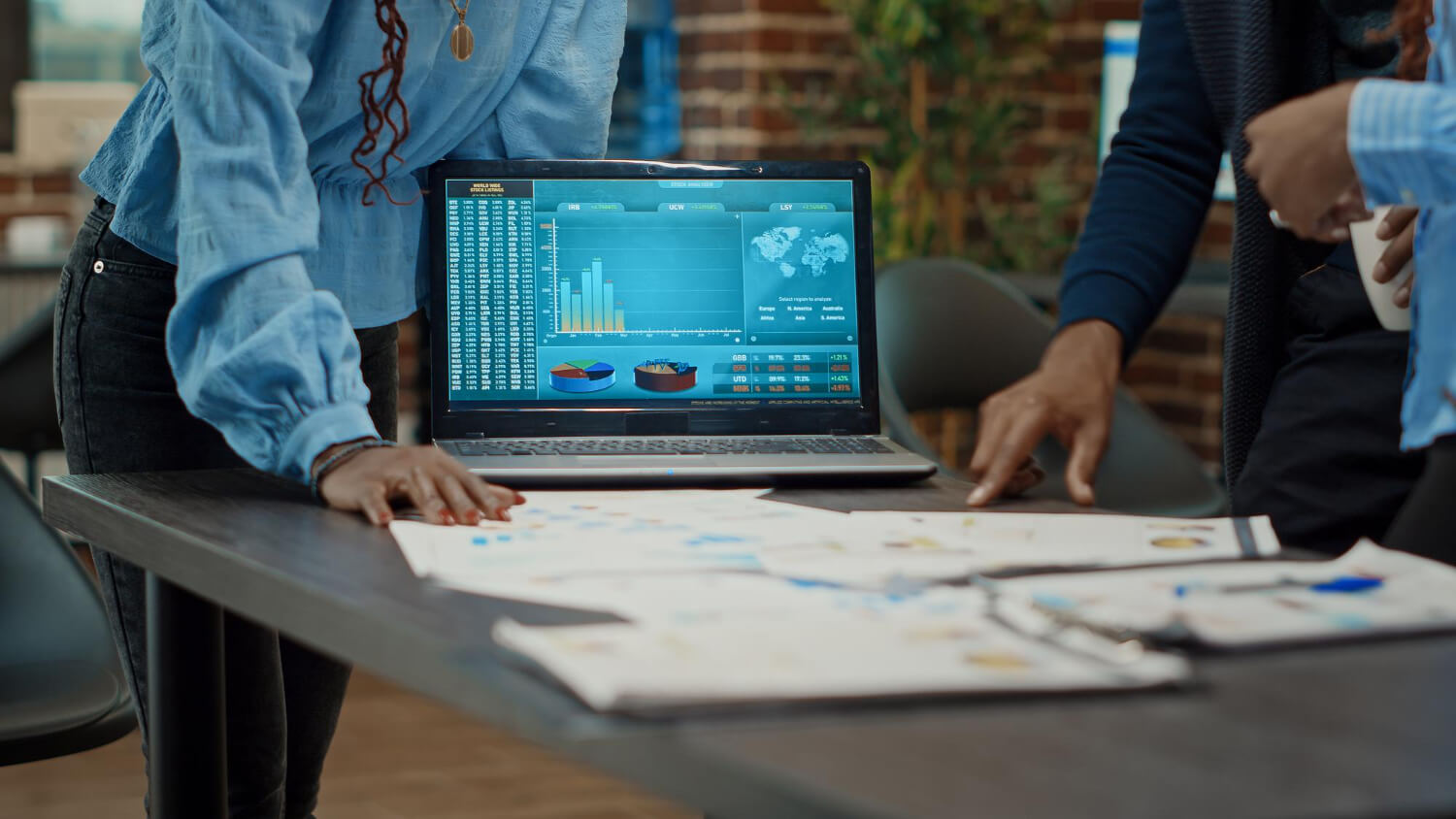Today, all you hear is SEO, keywords, ROIS and more SEO and PPC and all sort of “foreign” sounding words that most people never heard of. As SEO becomes more popular and many businesses are in competition for those first page search results, the focus started to shift towards local SEO especially for businesses that have a physical location. Local SEO is a really powerful tool to enhance visibility, drive local traffic, and grow revenues. Keep reading, I'll give you a more in depth explanation and also a few ideas on how to become the number one local business on google.
First and foremost,
What is Local SEO?
Local SEO is all about optimising your website the way that it will appear in local search results. How many times you searched for “restaurant near me” or “dog grooming near me”? If you haven't yet, then give it a go now. All those companies you see on the first page including the map results are there because they most likely have a digital agency and a successful SEO Strategy in place.
Why is this so important? Well, here are some stats for you. According to Google, nearly one - third of all mobile searches are related to location. Plus, local searches often lead to action - 50% of consumers who conduct a local search on their smartphone visit a physical store within a day.

Here comes the tech part
- Google My Business: It's super important to have your listing up to date at all times. Make sure all the details like your business name, address and phone number are accurate. Add a few pictures of your business and also a few pictures of your services. Don't forget to add opening hours so that customers know when to visit. Last but not least, reviews and reviews and more reviews. Ask your customers to leave a review so that more people can see your business.
- On-page optimisation: This one is a bit more technical but basically, you have to make sure that your website is mobile-friendly since majority of the local searches happen on mobil phones. Integrate location-specific keywords into your meta tags, content, and URLs. For businesses with multiple locations, it’s wise to have separate landing pages for each location.
- Local Citations: These are online mentions of your business, which can be on directories like Yelp or Yellow Pages. Consistency is key. Ensure your details are identical everywhere. Inconsistent information can confuse search engines and potential customers as well.
- Local Link Building: Try to get backlinks from local sources like newspapers, schools, or local businesses. These reinforce your local authority and credibility.
- Reviews and Ratings: Customer reviews significantly influence local search rankings. Not only do they provide fresh content for search engines, but they also signal trustworthiness and quality. Keep asking for those reviews.
Dorset Digital Tips
- Embed a Google Map: Add a map of your business location on your contact page. This can provide a visual cue for visitors and further align with local search signals.
- Optimise for Voice Search: As more people use voice-activated devices like Siri, Google assistant or Alexa, it's essential to optimise for voice search. In short, write the way you speak!
- Local Community above everything else: Participate in local events, sponsorships, or collaborations. It's not only beneficial to build local backlinks but also leads to word-of-mouth referrals.
- Monitor and Respond to Reviews: Engage with both positive and negative reviews professionally. This showcases your commitment to customer satisfaction.
Local SEO is not a luxury it's more like a must have for all the local businesses that wants to be found online. Technology is not something we can avoid, we need to stay up to date in order to stay competitive. Putting your business out there it the best thing you can do to attract new customers.



